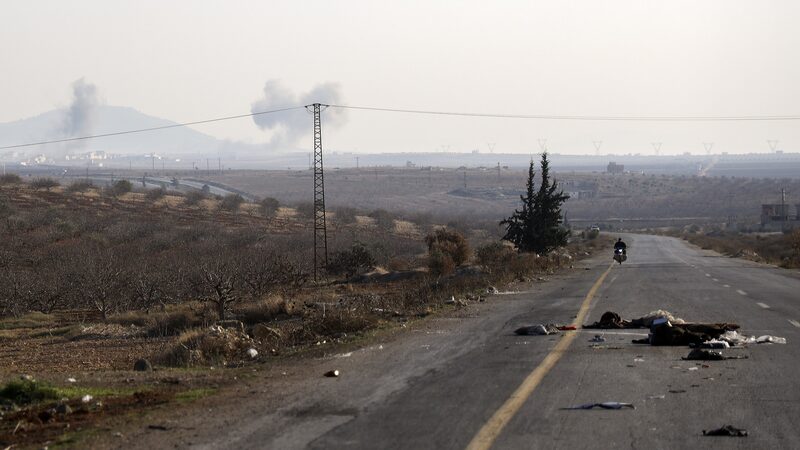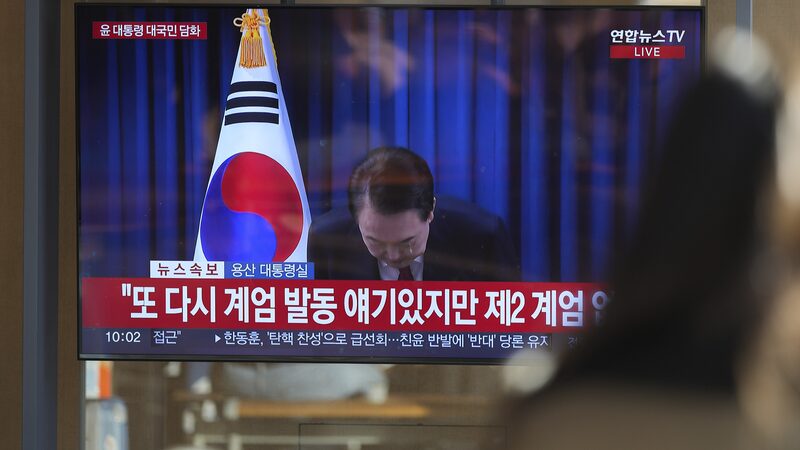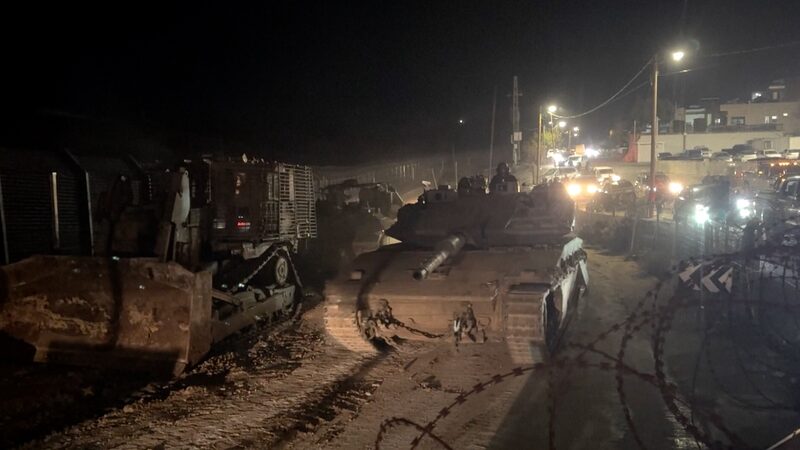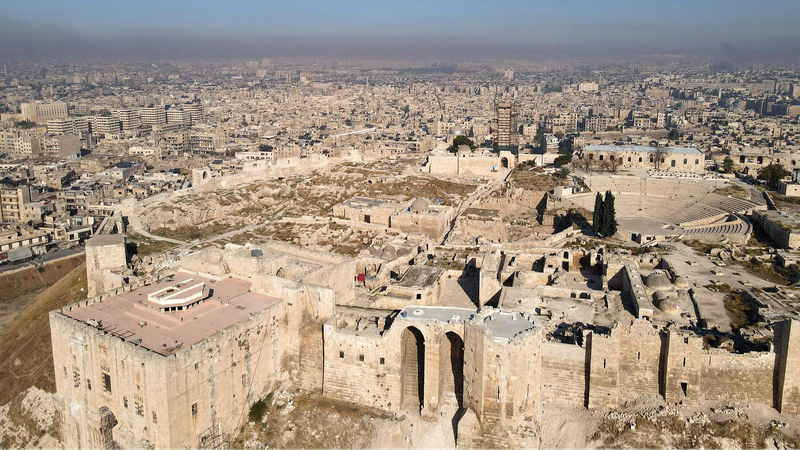Syria's electoral colleges convened Sunday to select new lawmakers in the country's first parliamentary vote since the ouster of longtime leader Bashar al-Assad. The indirect elections mark a critical juncture in the nation's fragile transition, testing the interim government's ability to foster inclusive governance after 14 years of civil war and sectarian conflict.
Interim President Ahmed al-Sharaa, a former rebel commander who rose to power following Assad's December overthrow, faces the dual challenge of unifying a fractured state while addressing widespread distrust among minority communities. Nearly 6,000 electors participated in regional voting centers to fill two-thirds of the 210-seat legislature, with results expected within hours of polling closure.
The election committee approved 1,570 candidates following public seminars, though Reuters correspondents noted conspicuously muted campaign activity in urban centers. Analysts highlight that Sharaa's pending appointment of the remaining 70 lawmakers will prove decisive in shaping the parliament's effectiveness, suggesting diverse selections could enhance legitimacy while loyalist picks might streamline legislative processes.
Authorities defended the indirect voting system, citing displaced populations and unreliable census data as barriers to direct elections. However, the postponement of voting in three minority-held provinces and 19 vacant parliamentary seats has drawn criticism from governance watchdogs, who argue the process risks entrenching centralized control rather than fostering representation.
Reference(s):
cgtn.com







